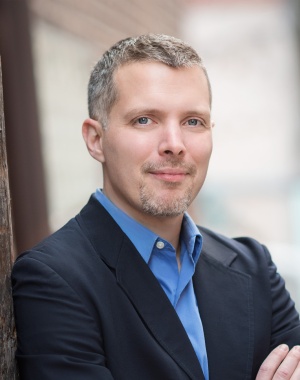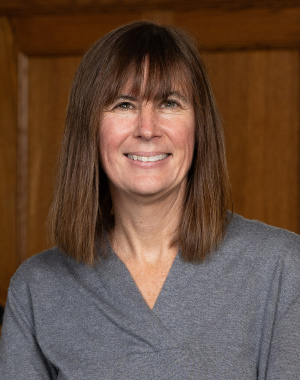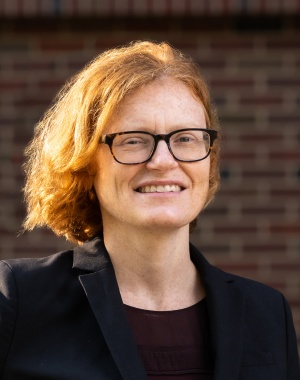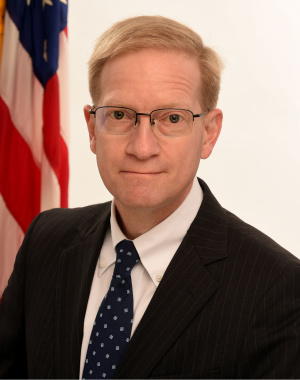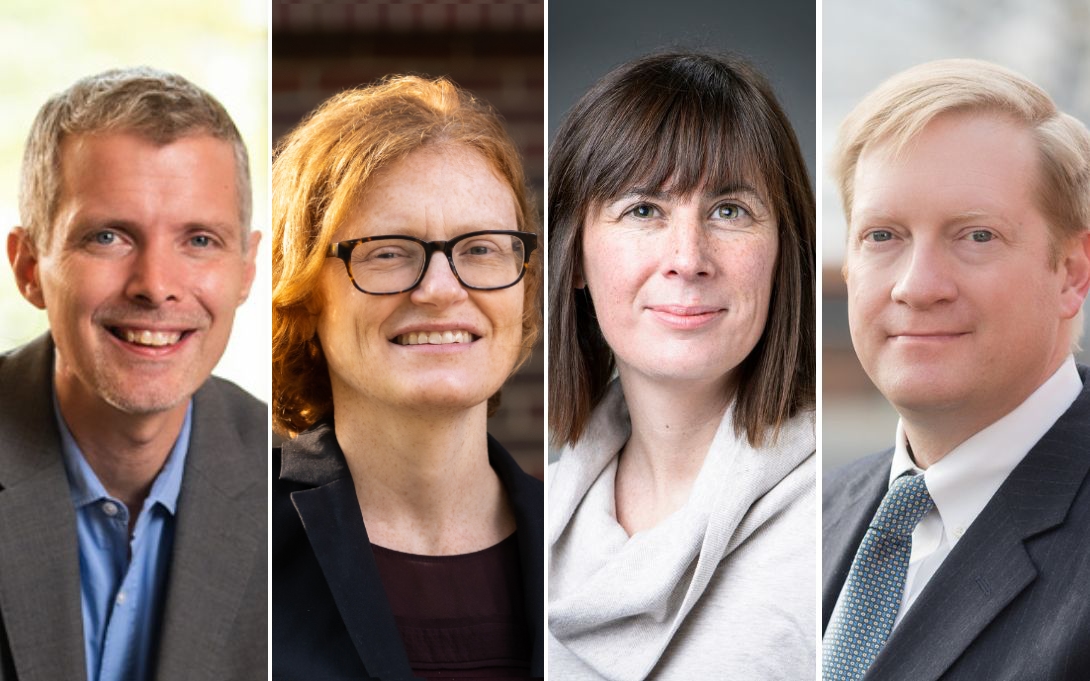
Six years ago, Harold and Carol Kohn approached the Ford School with a vision. Their goal was to help build a vibrant research community dedicated to promoting social equity and inclusion. Today, the Kohn Collaborative for Social Policy is poised to influence social policy and confront structural inequality across the nation.
At the center of the Collaborative are five endowed professorships specializing in social justice, health and aging, early childhood education, disability rights, and economic policy. Their collective focus is on translating research into actionable policy. Four of these professorships are filled, with the final appointment forthcoming.
"We wanted to create the Collaborative because we truly believe the synergy between different fields and among researchers and students can make a real difference," Harold Kohn says. "It's a clear example of one plus one becoming greater than two. We believe the country's potential is dependent on this, especially in today's competitive global society. We're incredibly excited to see what happens next!"
"The Kohns' generosity is proving to be transformative," says Ford School Dean Celeste Watkins-Hayes. "Through the Kohn Collaborative, we've built on a longstanding core strength. Our deepened expertise and commitment to social policy gives us tremendous momentum as we seek to improve equity across the United States."
Two new professors joined the Collaborative this fall. Sociologist Pamela Herd has been appointed as the Carol Kakalec Kohn Professor of Social Policy; her research addresses inequality specifically related to health and aging. "We have, in many ways, a set of robust social welfare policies meant to reduce poverty and inequality, but the way they are implemented undermines key goals," she explains. "My research is focused on how to fix that problem specifically."
It's a clear example of one plus one becoming greater than two. We believe the country's potential is dependent on this, especially in today's competitive global society."
Harold Kohn
Also, educational policy expert Christina Weiland has been named the Karl and Martha Kohn Professor of Social Policy. "I'm interested in large-scale efforts to implement the best science we have in early childhood education, particularly for families with lower incomes," she says. "It can be really practical stuff, like how do you train hundreds of teachers in the teaching strategies that give children the strongest start? At the end of the day, the goal is to deliver a strong experience for kids."
Labor and disability rights attorney Samuel R. Bagenstos, who joined the Collaborative in 2022, serves as the Arlene Susan Kohn Professor of Social Policy. Bagenstos has spent the past four years working in the Biden Administration, first as the general counsel for the Office of Management and Budget and then as the general counsel in the Department of Health and Human Services. Bagenstos believes his time working in government provides a real-world perspective on how to implement policy that deeply informs his research and teaching.
Poverty researcher Luke Shaefer, the first Kohn Professor, was appointed as the Hermann and Amalie Kohn Professor of Social Justice and Social Policy in 2020. Shaefer played a key role in promoting what became the expanded child tax credit, which led to a historic drop in child poverty in the U.S. in 2021. He also co-developed Rx Kids, a program that gives cash payments to new mothers in Michigan.
The thing we all have in common is the use of rigorous research for policy change ultimately to improve the human condition and understanding of the world," Shaefer says. "Each one of the Kohn professors has a record of impact in the real world. Working together gives us all this incredible energy and momentum at the Ford School."
According to Bagenstos, working with nationally renowned experts focused on social equity from a variety of perspectives is essential for addressing a complex problem such as inequality. "The Collaborative provides us the opportunity to explore our individual pieces and show how these things connect," he says. "It will also give students the perspective to see connections and make headway on serious issues."
Herd also believes that collaboration across disciplines is essential for addressing problems in the real world. "There isn't really a way to conduct effective research focused around inequality without having multiple perspectives and different kinds of expertise," she says. "I am so genuinely appreciative that the Kohns choose to focus on inequality in this way. It's what drew me to the Ford School because the school is really about these fundamental values."
Beyond the endowed professors, the Kohn Collaborative is building a community of scholars and practitioners focused on social inequality. The Collaborative supports exemplary graduate students underrepresented in the public policy field with full-tuition fellowships. Further augmenting these efforts, the Collaborative has established an endowed infrastructure fund that will be used to foster new initiatives.
This year, the Collaborative announced a major social policy impact prize for an individual or organization in the U.S. that advances equity and inclusion.
By Sheri Hall
More in State & Hill
Below, find the full, formatted fall 2024 edition of State & Hill. Click here to return to the fall 2024 S&H homepage.
